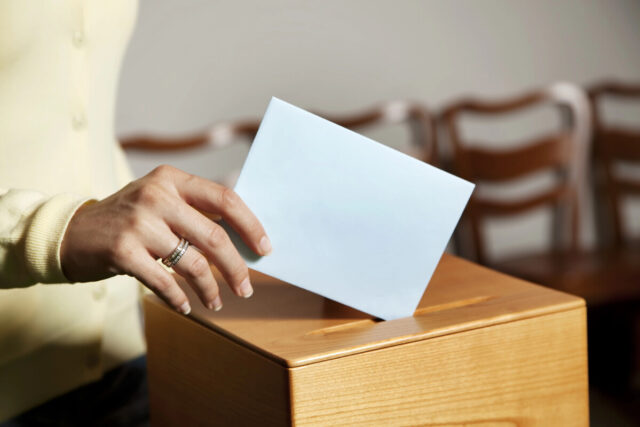“I just want someone who’ll listen when we raise concerns.”
That was one of the comments made as residents across the Cities of Canning and Gosnells prepare for the October 18 Local Government elections.
The ballot, for some, represents a chance to push for new voices around the council and for others, it feels like nothing will change no matter who is elected.
This year, voters in Canning and Gosnells will decide who takes on some of the most important roles in grassroots government.
Councils control how rates are spent, what facilities are built, and how local services are delivered. They are the level of government closest to the community.
Who is standing?
In the City of Canning, several wards will see contested elections. Bannister Ward has Imran Munir, Tani Saha and Luke McCorkell running. Beeloo Ward has Graham Barry, Marnie Selten and Joanne Page. Mason Ward is the most crowded, with Rachel Goldsbrough, Idzauriza Idrus, Megan Cechner, Vinod Godara, Churamani Lamichhane and Jesse Jacobs on the ballot.
Two wards will not go to a vote. Linda Ross has been elected unopposed in Nicholson Ward, covering Parkwood and parts of Canning Vale. Councillor Paul Tucek JP has also been elected unopposed in Beeliar Ward, which includes parts of Willetton and Leeming.
In the City of Gosnells, six councillor vacancies are to be filled on October 18. Candidates include Luul Ibrahim, Mohammod Monsor, MD Nazmul Ghani, Haroon Parwani, Peter Abetz, Sumy Antony, Kevin McDonald, Roya Ansari, David Goode, Bighnaraj Mohanty, Dillon Mason, Karthik Chandrakumar Preyeswary, Glenn Dewhurst, Nicholas Croft, Garry Sandhu, Leah Szczyglak, Serena Williamson, Karry Fisher, Jon Lloyd, Rakesh Bhan, Malik Sajjad and Cynthia Lokanata.
What are people saying?
Much of the early debate is already playing out. Some residents are letting out frustrations about rates, services and councillors’ responsiveness. “The pollies in office now don’t like to help anyone,” Bob McGuire wrote.
Others are pushing back against that view.
“Local elections are not political,” Jodie Geary replied. “These are usually every day, community minded people with regular jobs. Most have no interest in political careers and are there purely to do what they can to help their local community.”
There are also calls for participation. “Always vote – otherwise you have no right to complain,” Bree Hartley said, with others agreeing. “If you want to see change, get off your bum and run,” Kris Jorgensen added.
But not everyone is engaged. Some residents say it makes no difference who is elected because councillors “do as they wish” once in office.

Why it matters
The Department of Local Government reminds people that councils spend close to $5 billion each year across Western Australia. They plan suburbs, make local laws, and bring community concerns to the attention of state and federal governments.
This year’s elections also take place against a backdrop of change. Tony Brown has been appointed as WA’s first Local Government Inspector, with new powers to investigate councils and hold them to account.
How do you vote?
All elections are being conducted by post. Voting packs will arrive in the mail between September 17 and September 22. They include candidate profiles, ballot papers, instructions and a reply-paid envelope. No stamp is needed.
Optional preferential voting is used, which means you can vote for one candidate by placing a “1” next to their name, vote for some by numbering them in order of preference, or number all candidates if you wish.
Residents already on the roll will receive their packs automatically.
Owners and occupiers of rateable property who enrolled before August 22 are also eligible.
Voters have a wide choice in the next election.
Some wards are already decided, but the outcome of most suburbs will depend on who takes the time to open their ballot and send it back.
As Jodie Geary puts it, “So many people don’t vote and then complain about the people that are on council. It’s so easy to just mark a box or two then stick it in the post box.”














